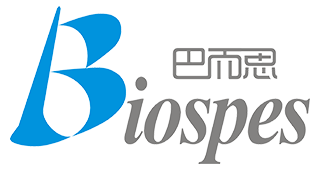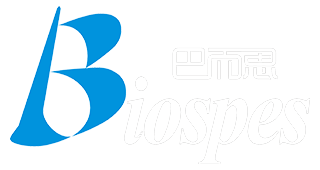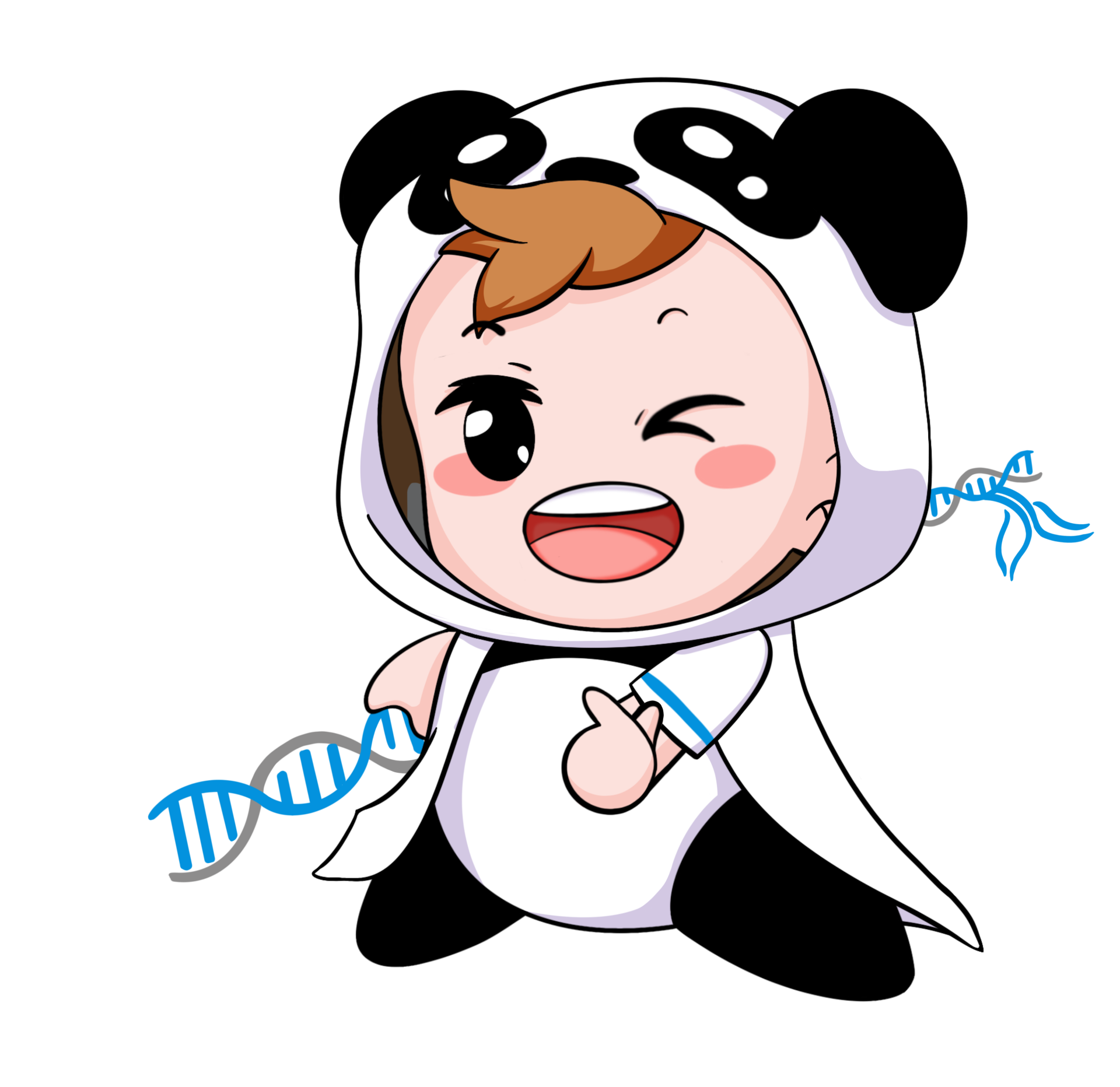Catalog# BMA1009
Lot # Check on the product label
Size 100 μg
Isotype IgG1
Clone # D16
Host Mouse
Reactivity Human, mouse, rat
Product Form Liquid
Purification Protein A purified
Immunogen
A synthetic peptide (conjugated with KLH) corresponding to the C-terminal of mouse Caveolin-1.
Recommend Application
Western Blot, WB (1:100-200)
Immunohistochemistry, IHC-P(1:100)
Immunocytochemistry, ICC(1:100)
Other applications have not been tested.
The optimal dilutions should be determined by end user.
Storage Buffer
1*PBS (pH7.4), 0.2% BSA, 40% Glycerol and 0.05% Sodium Azide.
Storage Instruction
Store at 4°C after thawing (1 week). Aliquot and store at -20°C for long term (at least one year).
Avoid repeated freeze and thaw cycles.
Background
Caveolins are a family of integral membrane proteins which are the principal components of caveolae membranes and involved in receptor-independent endocytosis. , they are found in the majority of adherent, mammalian cells, and played an important role during the development of atherosclerosis. Caveolin 1(CAV1) is a member of Caveolin gene family, and most prominently expressed in endothelial, fibrous and adipose tissue. It contains 3 exons spanning about 22 kD. It can link the integrin alpha subunit to the tyrosine kinase as a membrane adaptor.
Reference
1. Scherer PE, Okamoto T, Chun M, Nishimoto I, Lodish HF, Lisanti MP (January 1996). "Identification, sequence, and expression of caveolin-2 defines a caveolin gene family". Proc. Natl. Acad. Sci. U.S.A. 93 (1): 131–5.
2. Williams TM, Lisanti MP (2004). "The Caveolin genes: from cell biology to medicine". Ann. Med. 36 (8): 584–95.
3. Yang, G., Truong, L. D., Timme, T. L., Ren, C., Wheeler, T. M., Park, S. H., Nasu, Y., Bangma, C. H., Kattan, M. W., Scardino, P. T., Thompson, T. C. Elevated expression of caveolin is associated with prostate and breast cancer. Clin. Cancer Res. 4: 1873-1880, 1998.
Details
Product Center



